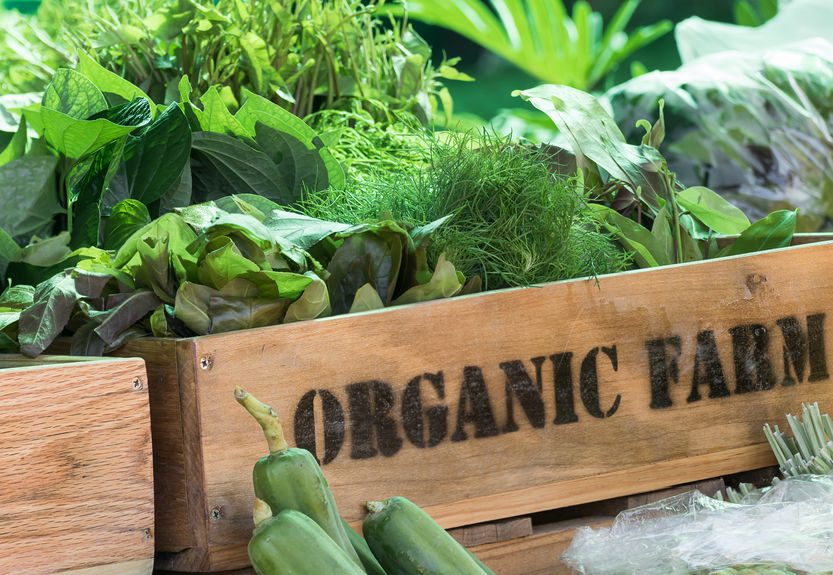
Peers have called for an update on UK-EU talks surrounding a post-Brexit organics equivalence agreement as farmers fear organic food exports could be banned.
Lord Kinnoull, chair of the House of Lords EU Select Committee, has written to Defra's farming minister Victoria Prentis expressing concern over the issue.
Producers are still in the dark over whether they will be permitted to continue exporting their products, marketed as organic, to the EU and Northern Ireland after 1 January 2021.
Unless organic standards equivalence is secured as part of Brexit talks, the UK will lose access to EU markets automatically after the transition period.
UK organic products will not legally be able to be sold as organic in the EU or Northern Ireland, due to its status as part of the EU’s regulatory regime.
This means they would have to be sold in the EU as conventional and would subsequently lose its premium market value.
"Please provide an update on the negotiations for a UK-EU organics equivalence agreement," Lord Kinnoull said in his letter dated 4 November.
"If there is no UK-EU organics equivalence agreement that results in the UK being listed in the relevant EU Regulation annex, UK control bodies will need to be recognised by the EU for this trade to continue.
"We would be grateful for an update on the status of the UK control bodies’ applications for EU recognition, and on the government’s conversations with the European Commission regarding these applications."
Omsco, the UK's largest organic dairy co-operative, said the sector needed an 'urgent resolution' to the situation.
Managing Director Richard Hampton said: “Access to the European market is vital not just because of the growth opportunities, but also because our spread of markets and products allows us to deliver the flexibility and availability to our UK customers.
"The loss of these markets will damage efficiencies, reduce flexibility and increase costs at a precarious economic time."
According to the NFU, the best outcome for the sector would be to secure mutual recognition of the UK and EU organic regulations in the form of an equivalence agreement.
The UK’s organic regulation already meets all the requirements of the current EU organic regulation, which should make negotiations in this area straightforward.
But without mutual recognition, the NFU warned that around 80% of UK organic farmers would face needing to comply with two organic regulations - the current EU regulations and the new organic regulations being enforced across the EU in 2022.
This would lead to significant additional costs and regulatory burden onto British farmers and growers, the union added.
Roger Kerr, Chairman of the UK Organic Certifiers Group (UKOCG), said producers faced overnight exclusion from the EU market if a mutual recognition agreement between the UK and EU was not achieved before the deadline.
"Securing mutual agreement between the UK and the EU in relation to organic certification must be a priority for the negotiators,” he said.
